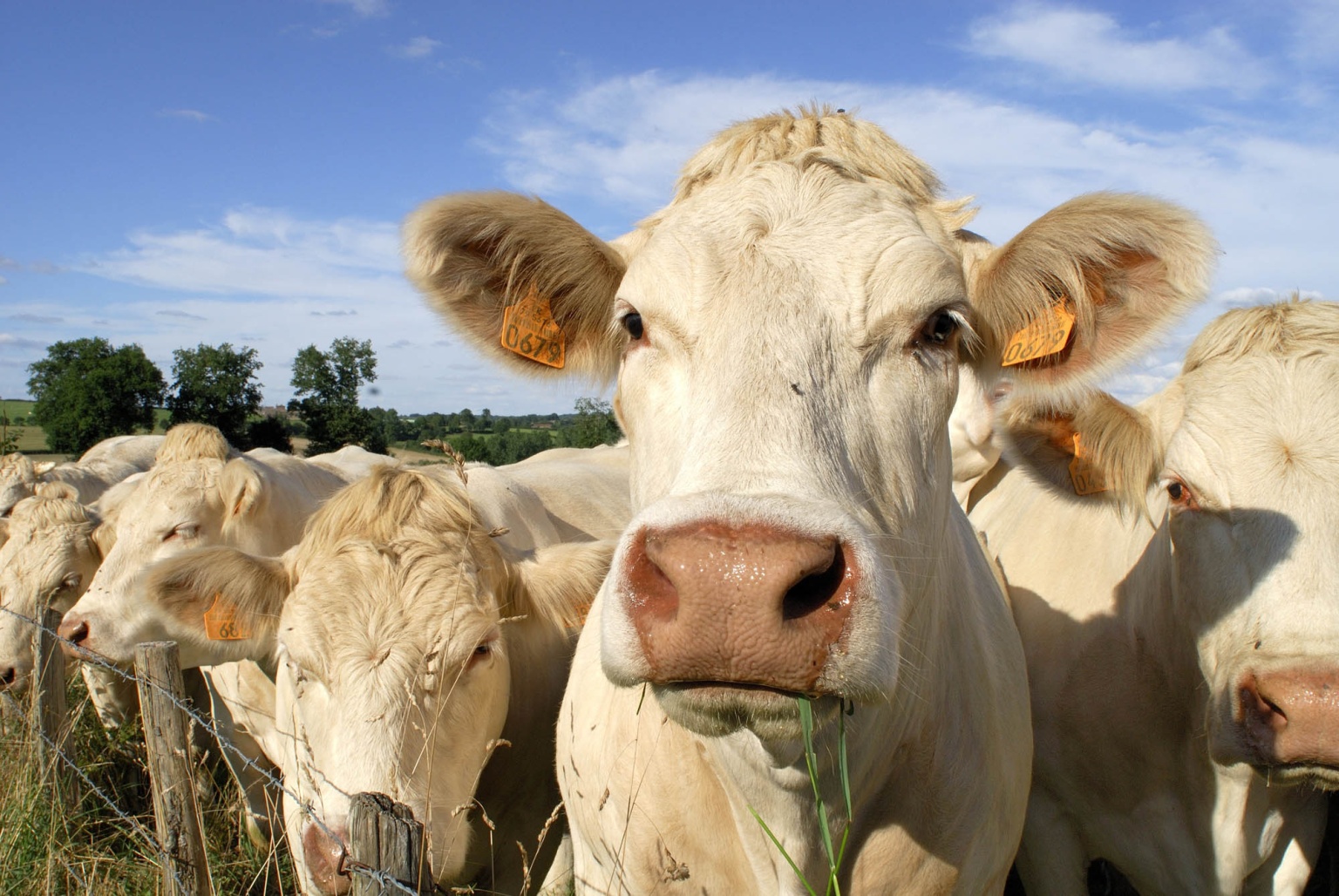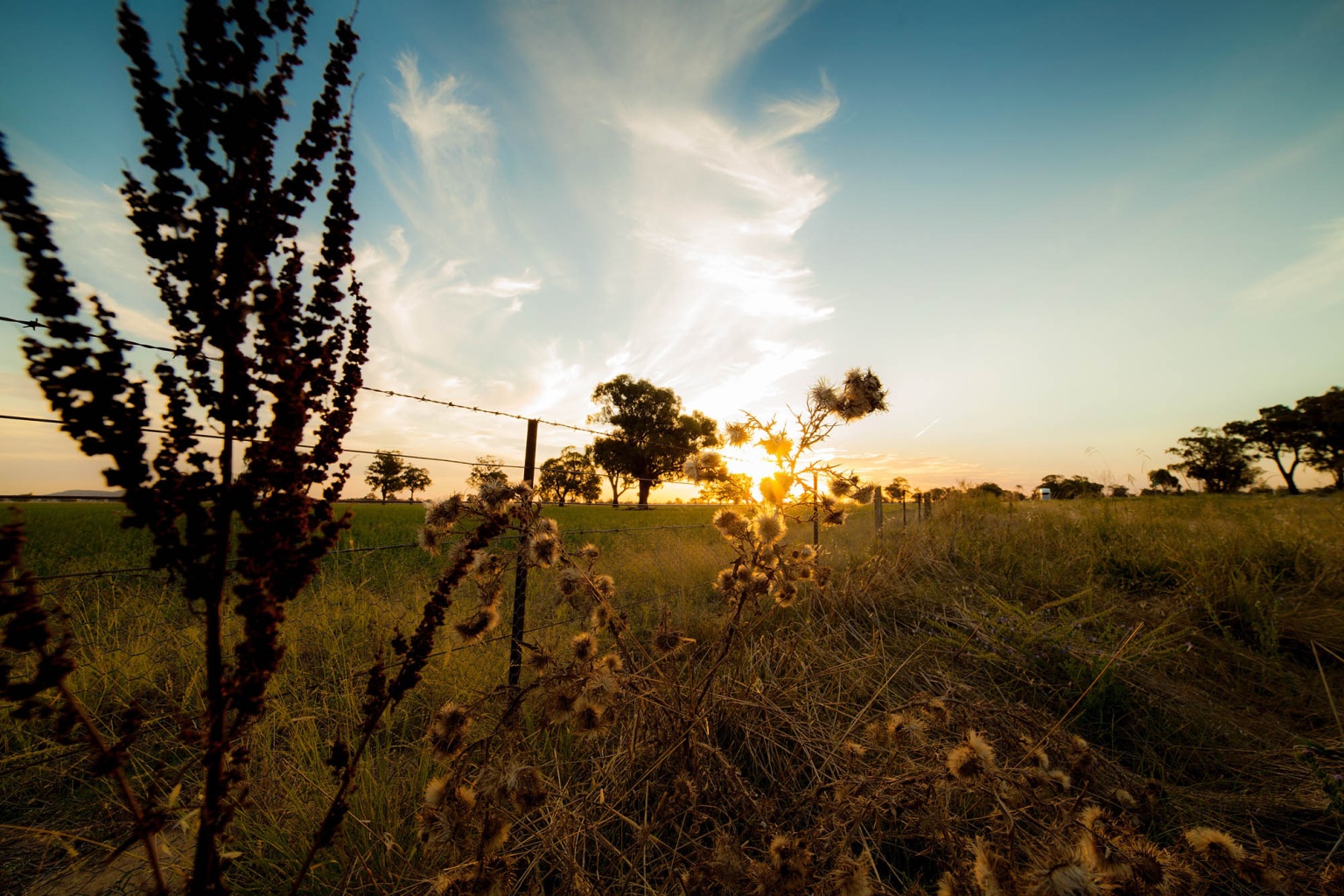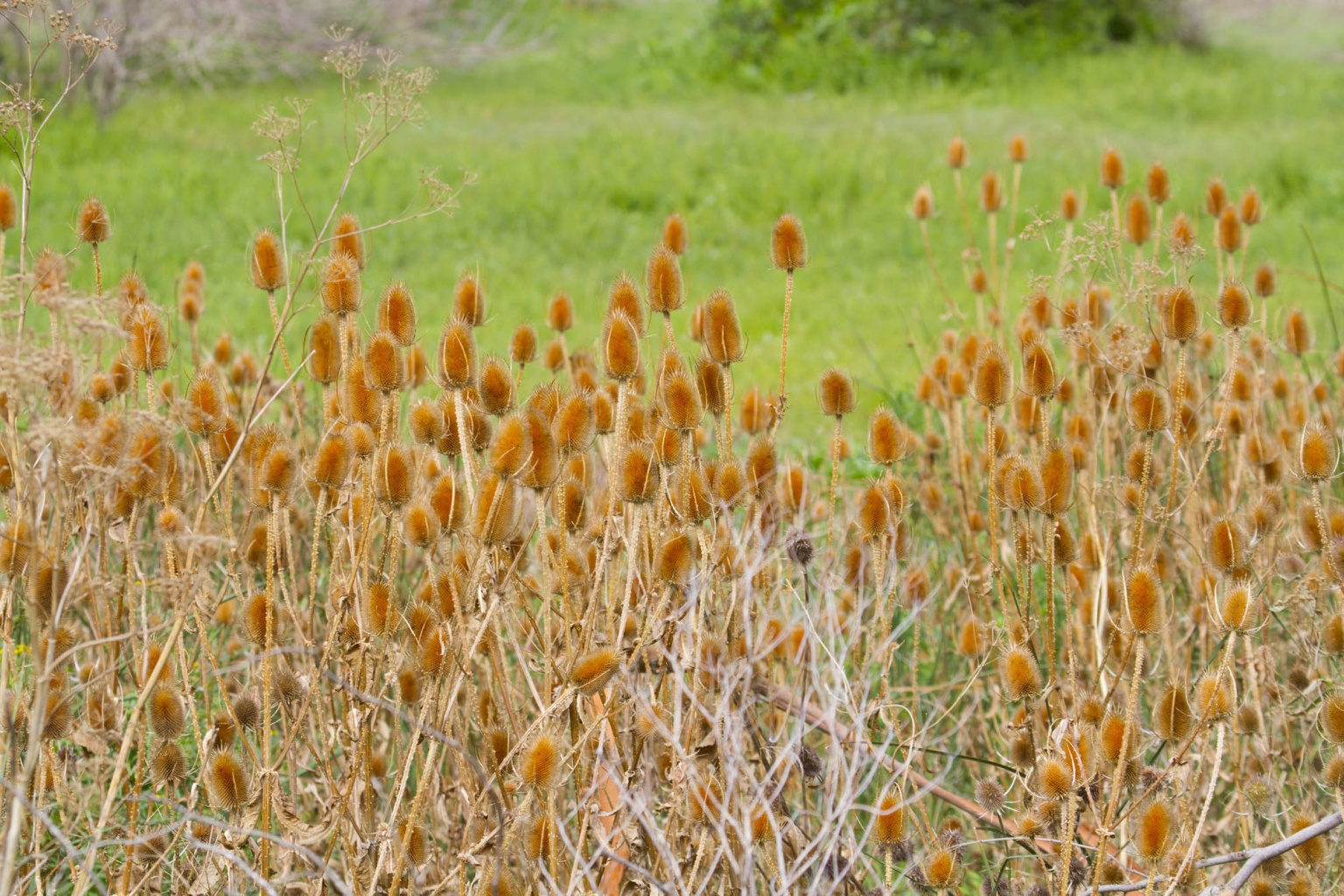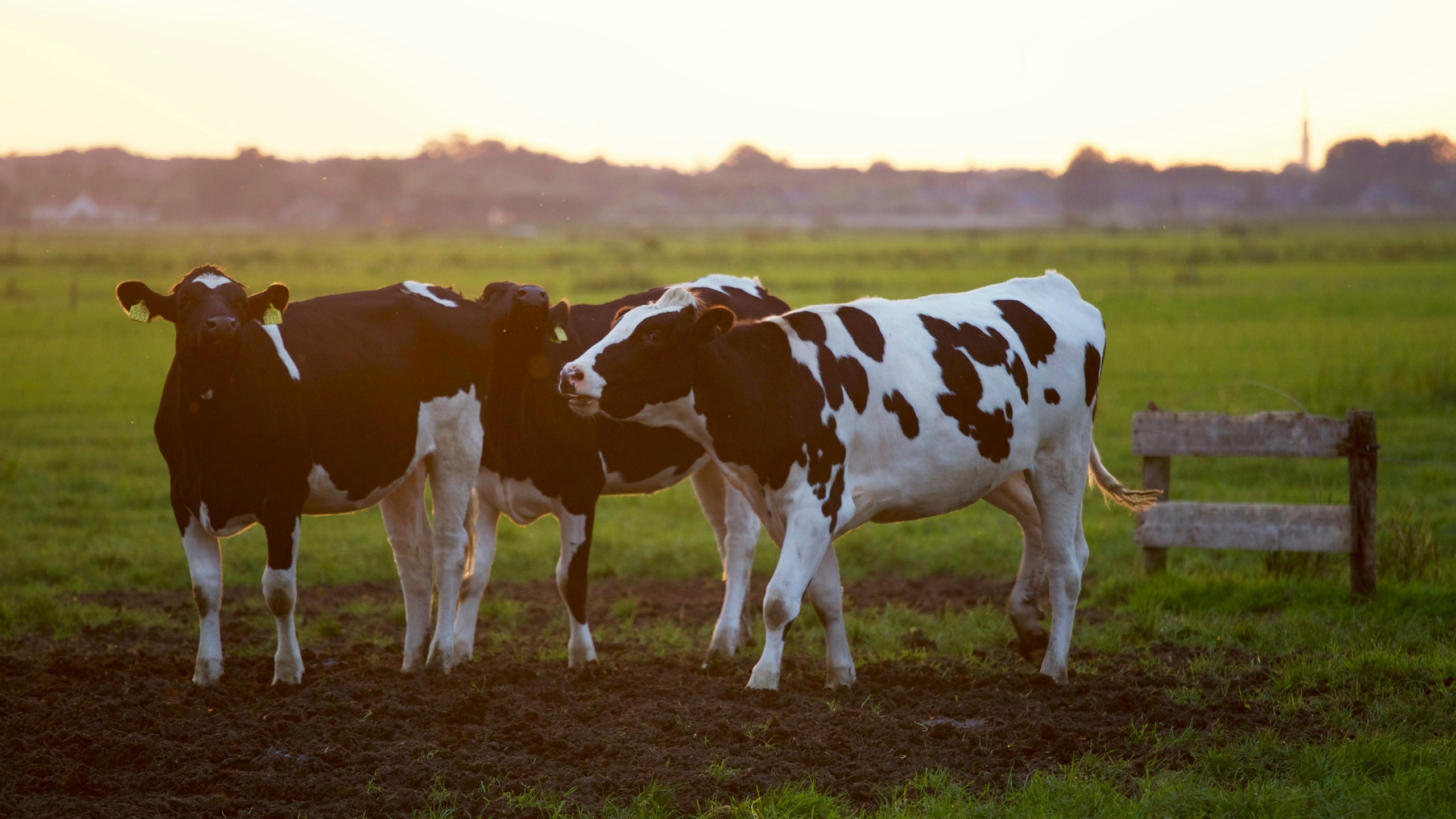What can we do?
You might already have a biosecurity management plan in place for the land you own and/or occupy. You might be updating that plan, or developing one to deal with specific issues and challenges. You may wish to ensure you discharge your legal obligations including with respect to the activities of visitors or those who enter your land pursuant to legal rights. We can assist in all those instances.
Our team has many years of experience working with owners and occupiers of rural land in many capacities. One of the areas that owners and occupiers of rural land often need assistance with is appropriately and practically discharging their biosecurity obligations.
We routinely work with clients to develop and implement a comprehensive and practical biosecurity management system in the regulation of their own activities. We also work with our clients in developing and implementing procedures for vehicles accessing our clients’ land.
We assist our clients in developing property maps and plans to use with biosecurity systems.

It may be that you have specific industry or business activities on your land, or specific biosecurity concerns. Otherwise, you may face the challenge of how to deal with your biosecurity obligations in the face of the holders of resource tenures, utilities and other visitors conducting activities on your land, or simply accessing your land.
We can support our clients from their initial enquiry right through to providing advice, negotiation with access, contractual conditions, compensation, disputes and court proceedings.
Our team is experienced in assisting and advising the owners and occupiers of rural land in not only discharging their own legal obligations concerning biosecurity, but also with respect to the activities conducted by those who have legal rights to enter privately owned land such as utility providers, energy and resources industries.
We assist our clients in preparing a robust biosecurity management plan, drafting vehicle procedures and mapping to regulate their own activities on the land, but also those of visitors and guests.

Our team is experienced in liaising and coordinating with our clients’ veterinarians, agronomists, ecologists and property managers in achieving practical and enforceable outcomes to biosecurity risks. We commonly coordinate and work with mapping, vehicle wash down and other consultants in the development of these biosecurity plans.
Also, with respect to land access by the energy and resource sector, we are experienced in dealing with the issues concerning biosecurity with respect to:
- contractual conditions
- determination of compensation
- compliance and complaints
- further claims for compensation
- statutory dispute resolution and negotiation processes
- court proceedings

Want more information?
If you are coming to this area for the first time, or revisiting it after a long break, you will see that there are many integrated parts of legislation with many terms unique to the area.
In Queensland, owners and occupiers of rural land have legal obligations with respect to the management of biosecurity upon that land pursuant to the Biosecurity Act 2014 (Qld).
The energy and resources industry also have legal obligations with respect to biosecurity when conducting activities on privately owned land.
Issues and disputes over biosecurity management are common in the negotiation or requests for access to privately owned land by the energy and resources sector.
Biosecurity risks and concerns is not limited to weeds and plants, but extends to animals, virus, bacteria and disease.
Please get in touch if you would like to discuss anything concerning biosecurity.


















